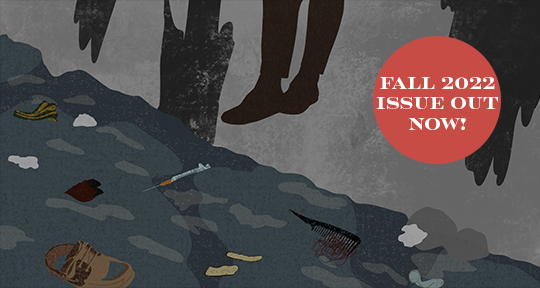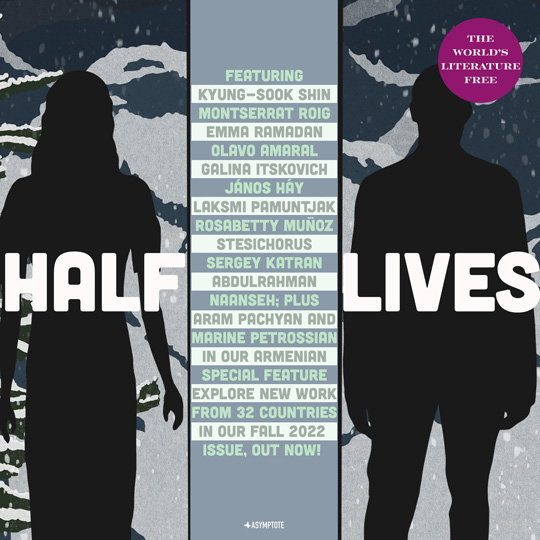This week, our editors report on the state of regional, multilingual literature from the Philippines, the Feria internacional del libro de Nueva York, and the Frankfurt Book Fair and its presentation of Bulgarian writing. Read on to find out more!
Alton Melvar M Dapanas, Editor-at-Large, reporting from the Philippines
Panel discussions on publishing and writing served as pre-workshop events to the forthcoming Cordillera Creative Writing Workshop (CCWW). Dubbed Hobwal, book talks were co-presented by indie presses Milflores Publishing, Baguio Writers Group, and multilingual children’s book publisher Aklat Alamid. Ryan Guinaran, Dumay Solinggay, Richard Kinnud, and Sherma Benosa, writers working in Ibaloy, Kankanaey, Ifugao, and Ilokano respectively, spotlighted the panel on writing in the mother tongue. Last year’s workshop instalment featured panelists like Genevieve L Asenjo, International Writing Programme alumna and De La Salle University-MFA Creative Writing program faculty, known for her writings in/translation from the Kinaray-a and Hiligaynon. Other discussions centred on pandemic writings, Baguio City’s literary cartography, and climate fiction.
The University of the Philippines-Baguio’s College of Arts & Communication, and Cordillera Studies Center grant CCWW fellowships to emerging poets, fictionists, and essayists writing in 15 northern Luzon languages—from Bontoc to Ivatan, Kalinga to Gaddang, and major languages Kapampangan, Ilokano, Pangasinan, Filipino, and English. In a country where national writing workshops, awards, prizes, and festivals put premium to English and Filipino, so-called regional endeavours like the CCWW have epitomised what it means to be multilingual, thus sincerely national. READ MORE…










